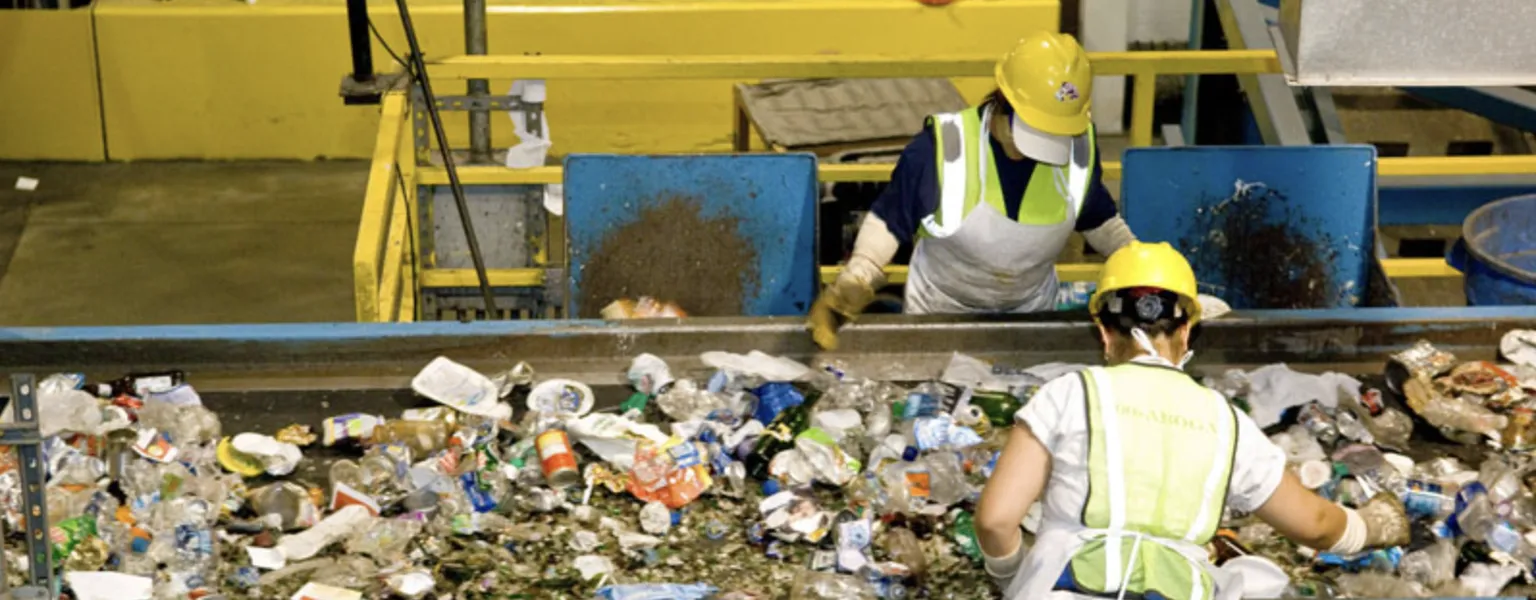Are we headed toward a zero plastics future?

Sustainability
By Alan Blake, PAC NEXT Co-Executive Director
One might ask, what with the multitude of global plastics pacts and regulations on reducing and eliminating plastics, are we heading to a zero plastics future? Well, the answer here is unequivocally of course not but beware any sense of complacency because the world of plastics packaging is changing rapidly. We all need to find ways to keep up and even better get ahead of the packaging sustainability challenges we're confronted with.
When we look at today's landscape we see ambitious goals and targets being set for 2025-2030 to eliminate problematic or unnecessary packaging, to continue reducing the amount of plastics used, to make all plastic packaging reusable or recyclable or compostable and to increase the use of recycled content. However, this isn't going to be good enough as we're seeing a huge AND being added to this…….AND investment needs to be made in associated infrastructure along with consumer education to ensure that ALL of these packaging materials actually get collected, sorted, reused, recycled and composted. But of course this isn't quite the whole picture yet, there is also a need for financial structures that support a vibrant and profitable end market for recyclables, compostables and recycled content materials. All easier said than done!!
So how do we get started on this complex journey?
1) Design for circular outcomes – by going back to basics whereby any new plastic package is designed with circular outcomes in mind:
- can the product be delivered package free (there is significant discussion on-going in the fresh produce field on this)?
- can the package be designed to be part of a reuse or refill system? Keep a watch on continued in-store expansion by reusables provider LOOP, and growing refill options by providers like Algramo, and retailers like Asda.
- can the design help reduce waste in a major way?
- is the package designed to be recycle ready – formulate the package to be recyclable (see the APR guidelines).
2) Support industry and government initiatives for investment in recycling (and eventually composting) infrastructure. The aim here is for our infrastructure to have the capacity and capability to manage a wide array of recycle ready packaging.
3) Invest in technologies that will facilitate easy collection, sorting and recycling (or composting) of all plastic packaging formats. There are several examples right now including digital watermarking and detectable black plastic colorants.
The good news is that we are seeing progress (if somewhat slow) on all these fronts as industry grapples with the ambitious and demanding 2025-2030 goals. And, we at PAC Global are getting many questions about how to respond, what to do next, how do I know that I'm doing the right thing now without creating problems in the future? Well this is a chance for me to plug our PAC Global Membership with access to our PAC Mart for fantastic connectivity and networking and on top we offer PAC Global Consulting Services to help you on this journey – contact us at alanblake7@gmail.com, awmacdonald55@gmail.com.
This article was originally published by PAC Global.
Related News
-
Business
Royal FloraHolland launches reusable flower bucket for floriculture market
-
Supplier News
Craemer Group: CB3 Low – the new, compact pallet box for efficient handling
-
Sustainability
UK supermarkets show progress on packaging sustainability – but there’s still room to improve
-
Sustainability
EU Commission approves renewable rice bran wax additives for food-contact plastics
-
Supplier News
Enzo London Skin turns to Spectra for a premium recycled solution




